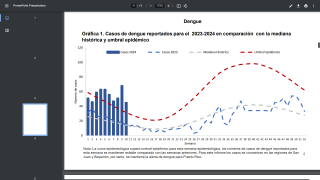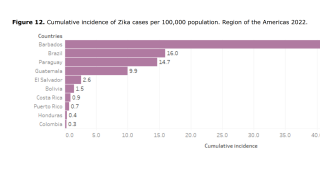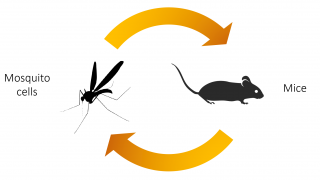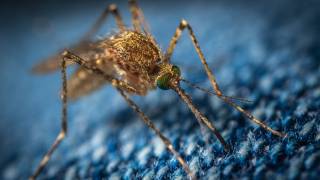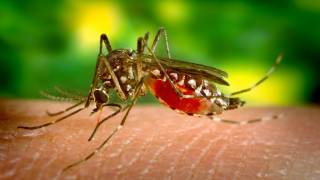NYC Issues Zika Warning for Travelers to Florida and Texas

The New York City's Department of Health issued a travel alert for areas still impacted by the Zika virus.
The Health Department’s travel warning includes areas such as the Caribbean, Mexico, Puerto Rico and the Dominican Republic, where the Zika-carrying Aedes aegypti mosquito easily breeds in the tropical climate.
Additionally, NYC is warning its citizens about traveling to Florida and Texas.
Though neither the Miami, Florida, nor Brownsville, Texas areas have reported new Zika cases, they have been included in this NYC travel warning.
The NYC Health Department reported 50 % of all infants in the United States born with Zika related defects were born to women in New York City.
Moreover, a total of 1,067 New Yorkers have tested positive for Zika, 402 of whom were pregnant. Of those pregnant women, 32 infants have been born with birth defects consistent with those linked to the virus, like microcephaly.
As of May, 2017, there is not a vaccine, nor a medicine to treat the Zika virus.
“Although local transmission of the Zika virus remains unlikely, the virus continues to circulate in Latin America and the Caribbean islands. We urge women who are pregnant or trying to become pregnant, along with their sexual partners, to avoid traveling to these areas,” said the health commissioner, Dr. Mary T. Bassett.
Additionally, Dr. Herminia Palacio said, “It is critical that New Yorkers who are pregnant or trying to become pregnant, along with their sexual partners, do not travel to Zika-affected areas. New Yorkers returning from Zika-affected areas should use condoms for all sexual activity to prevent transmission.”
All providers and healthcare facilities within NYC should follow the NYC DOHMH testing guidance for NYC patients and continue to send specimens to the NYC Public Health Laboratory (PHL) in the following cases:
- Infants born to women with laboratory evidence of Zika virus infection during pregnancy
- Infants with findings concerning for possible congenital Zika virus infection, regardless of maternal test results
- Placental/fetal tissues collected at delivery or pregnancy termination (elective or spontaneous) for women with laboratory evidence of Zika virus infection during pregnancy
- Possible Guillain-Barré syndrome or any unusual neurologic manifestation Possible unusual modes of transmission (e.g., transfusion, organ transplantation)
On March 10, 2017, the Centers for Disease Control and Prevention (CDC) updated their travel guidance recommending that pregnant women not travel to any area where there is a risk of Zika virus infection.
For a world map of the Zika affected areas, please visit the CDC’s interactive map.
Our Trust Standards: Medical Advisory Committee
- 2017 DOHMH Advisory #9: Ongoing Risk of Zika Virus-Related Birth Defects Related to Travel to Areas with Active Zika Virus Trans
- Zika Virus Information for Travelers
- Current Zika transmission
- Outcomes of Pregnancies with Laboratory Evidence of Possible Zika Virus Infection in the United States
- Advice for people living in or traveling to Brownsville, Texas



